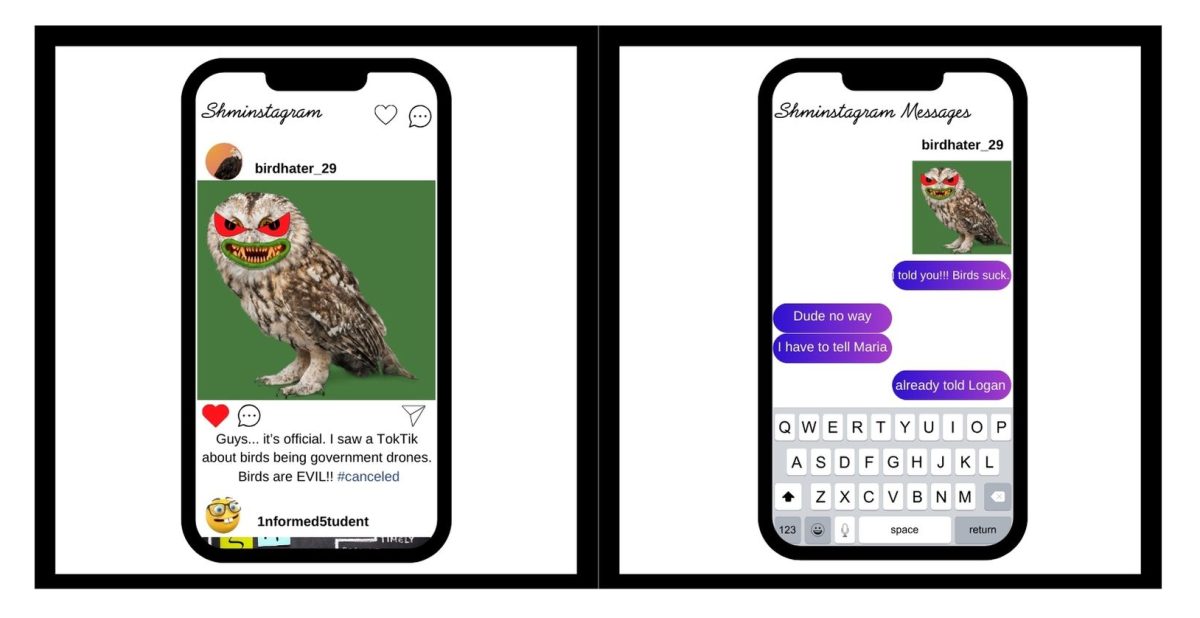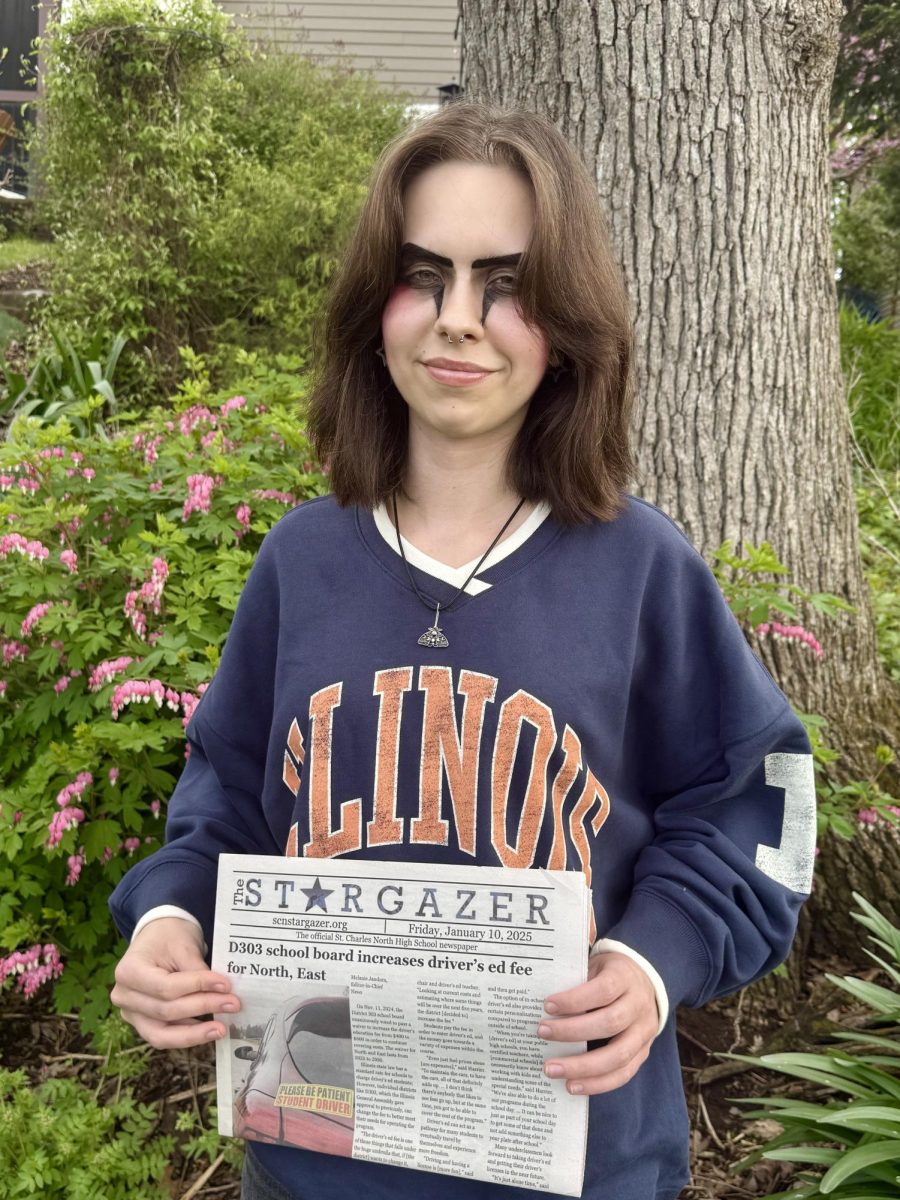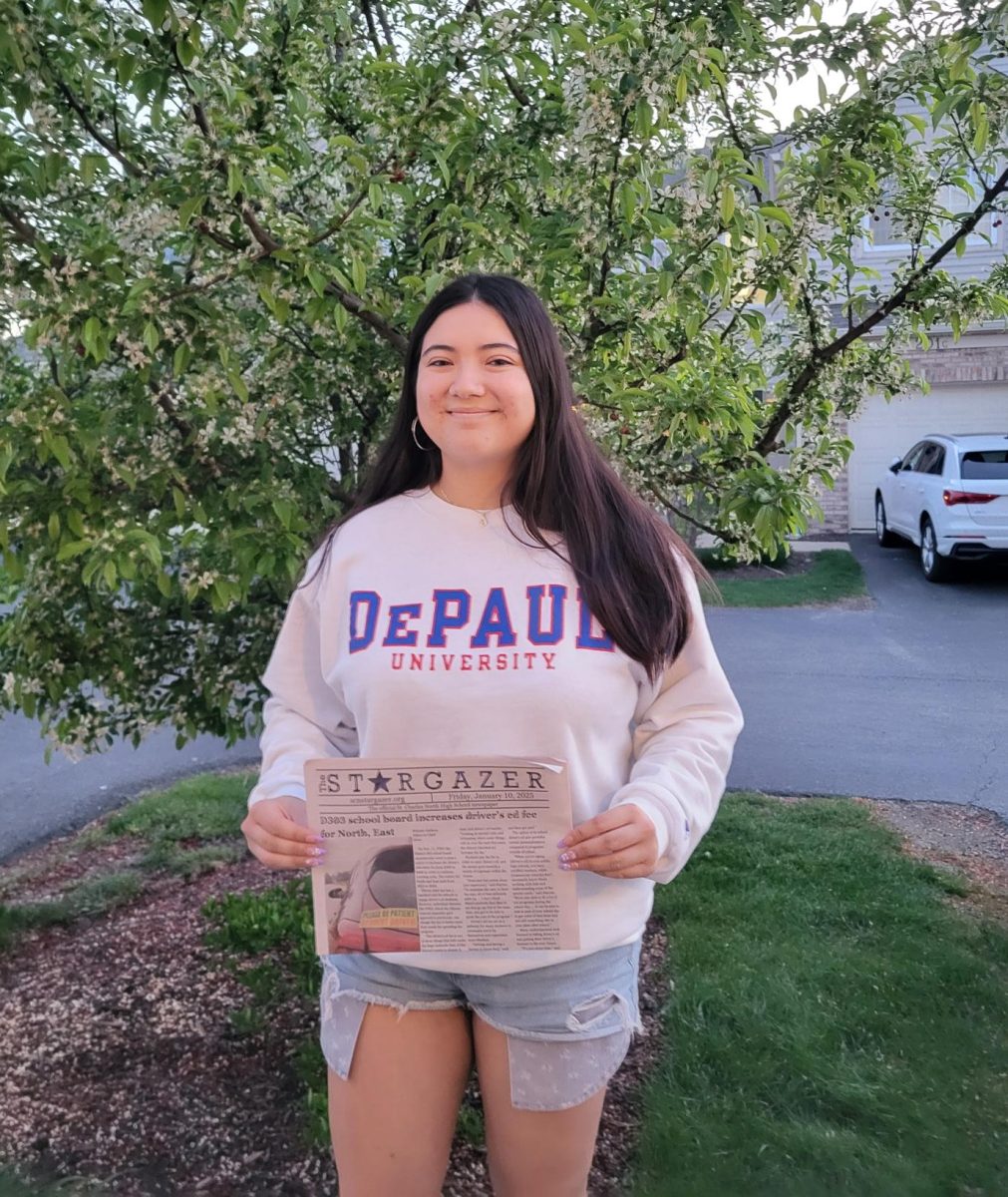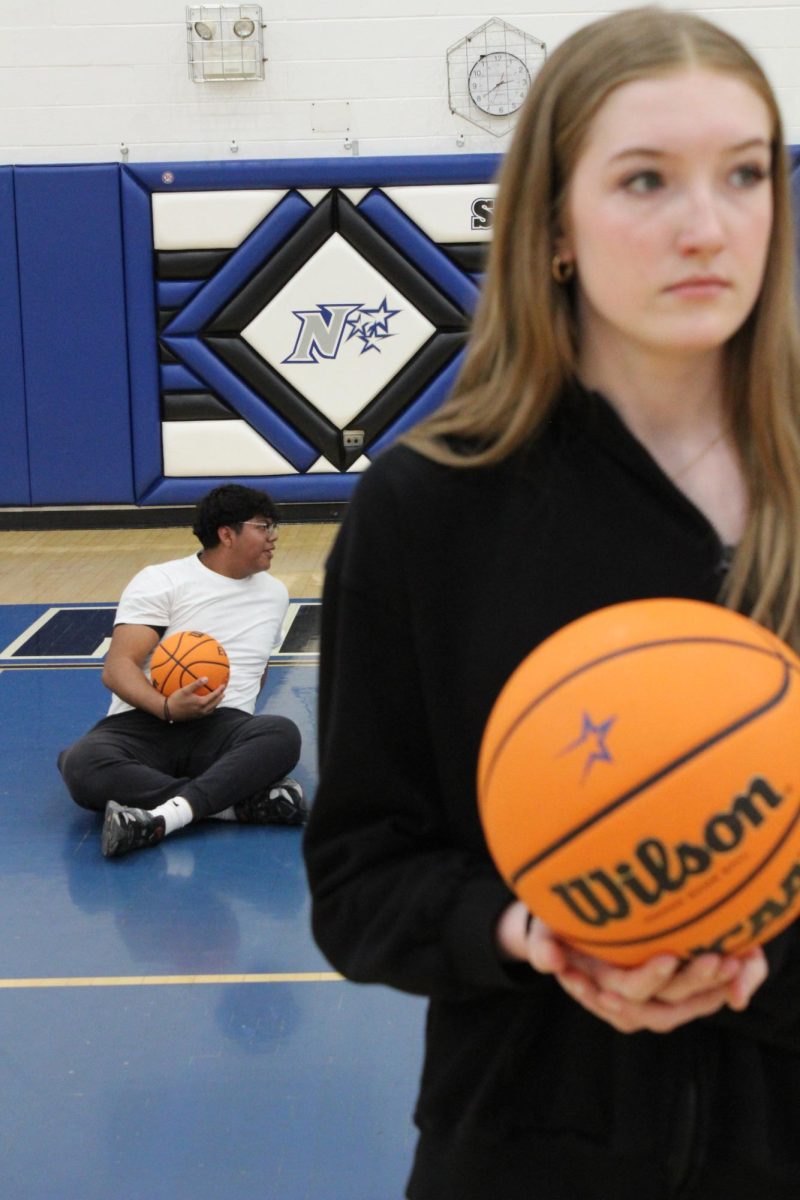Today, information is a lot easier to access than in past generations. Whether it is phones, computers or television, students are often told they have “the world at their fingertips.” However, having access to information unfortunately means students are often exposed to misinformation in their daily lives. The spread of misinformation is incredibly fast in our generation due to a lack of attention spans and critical thinking shown in younger generations. Although this may seem as a small issue, the effect of misinformation has begun to spread into elections, and will affect the future of the world.
Arguably, the biggest factor in the spread of misinformation is social media. With social media, almost anybody can post almost anything. The internet was a once reliable source, but information spread on social media is rarely fact checked, and often emerged in bias. On a platform such as Instagram or TikTok, a user could post a video pretending to be serious, but share a piece of information that is completely nonsense. Someone will see that video, not understand the sarcasm shared in the post and share it with someone else by word of mouth or sharing the post. Either way, a video originally intended as a joke becomes fact in some people’s minds.
It is one thing to have man-made misinformation, but with the development of technology, specifically artificial intelligence, it is an entirely new topic. Before, the prevention of misinformation was basic critical thinking, but now it has become more complicated. AI is able to generate images that support untrue statements, fake sympathy posts and create short realistic video clips. A recent example of this is fake celebrity political endorsements. A series of images that detail celebrities such as Elton John drowned in political merch have surfaced, taking Facebook by storm. Users immediately reposted these AI generated images, spreading the narrative that John supports a party, even when he recently made it clear he endorses neither presidential candidate.
Although these images exist, a simple Google search could have shown these users that John is politically neutral. However, a lot of internet users no longer have the patience for that. In today’s world, many people struggle with instant gratification. They get lost in the loop of scroll, see happy posts, like and repeat. When they interact with content, the algorithm of multiple platforms reward them with similar content, which they interact with once more. There is not a lot of time for critical thinking in this process, resulting in misinformed people. When they share posts without checking their information, they actively contribute to the spread of misinformation.
Overall, media literacy is vitally important. Before sharing information, take just 15 seconds to think. Ask if the information is realistic and check the source before mindlessly chatting about fake posts on social media. When looking at photos, make sure they do not have the typical AI “tells” such as a fuzzy background, airbrushed faces and irregular hands. Misinformation is common, but basic common sense can help stop the spread of falsities.









